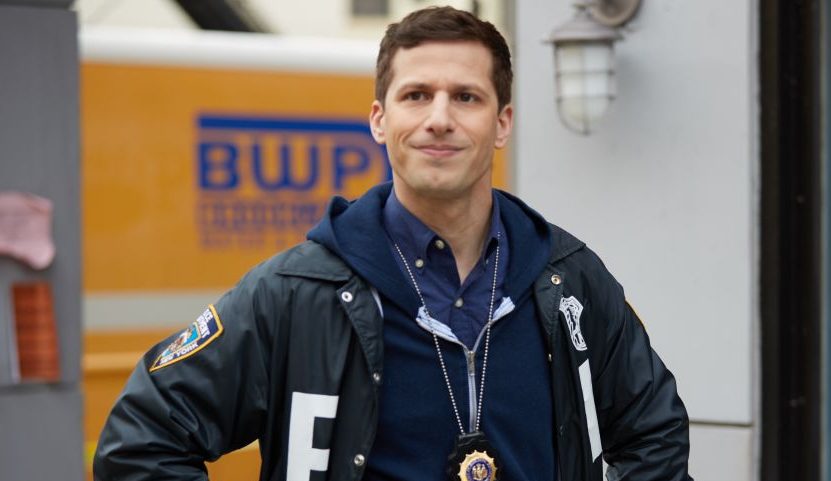
Just about every time I see a cop, or a group of cops, three things go through my mind: “wow, their gun (taser?) is just hanging there”, “should I be worried?” and “I wonder what I’ve done now.”
You could be Australia’s most law-abiding, peace lovin’, cop-respectin’ citizen out there, but chances are when you turn that corner and see one, or two, or three suited up members of the 5-0, you get that same guilty eyed, anxious feeling like you’ve just strolled out of a bank with two comically large bags of cash.
A big part of that anxiety could come from having only a fleeting notion of your rights around police. Can you film them? Can they grab you straight away? Can they search you? And when can you say no? Everyone likes to think they’ll stand up to police if things are getting strange – but if you don’t know your rights, it becomes a harder and scarier proposition.
So, with that in mind, PEDESTRIAN.TV sat down with criminal lawyer Andrew Tiedt and Police Accountability Project lawyer David Porter to ask them a bunch of questions we had about dealing with the feds. Of course, if you do find yourself in some serious trouble with the law, it’s probably best you get your own legal reps, too.
If you don’t wanna read any further, that’s cool – the TL;DR is basically: Keep Your Mouth Shut And Get A Lawyer.
Can a police officer ask to unlock, and then search, your phone?

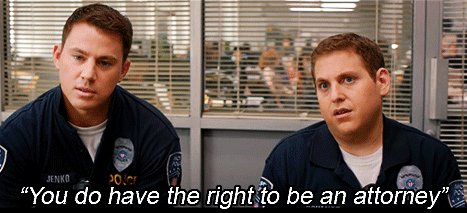
In most situations a police officer won’t have a direct power to force you to open your phone – but that doesn’t mean you shouldn’t just do what they say. The police can always explain why they want your phone and could also come to the conclusion they’ll seize your phone as evidence.
“The situation that so commonly comes up is people give the police access to their phones because they want their phone back,” said Porter, who explained that laws around digital privacy dictating things like whether or not a cop can unlock your phone are very far behind.
“Most young people have more critical information on their phones than they have in their house and you need a warrant to search a house and not ordinarily a phone,” he said.
In general, when a police officer does any sort of search they need to give you a reason – and if a cop asks you to do something you don’t want to, the best thing you can ask is “am I legally required to do that?”
Can I record the police?

Recording police is fun as hell. I’m not saying you should always do it, but there’s something about watching the watchmen that feels cool. That said, if you’re getting in the way of law enforcement to record something for your Instagram, you’re probably going to get asked to put that thing away.
Just like a search, police would have to give a good reason why they’re telling you to stop filming. According to the lawyers, police are given the general advice that in most circumstances they should not be telling people in public places not to record police. But just because you can doesn’t mean you should.
“Recording police can really escalate a situation,” said Tiedt. “As a general rule, can you? Yes. Should you? Not necessarily.”
“In a lot of these situations there are some things which are more important than being right,” echoed Porter. “For a lot of people that could mean avoiding being charged, or arrested, or dealing with the complications that might end up happening with employment or travel.”
If you’re recording someone committing a criminal offence – well kiddo, you’re recording relevant evidence and the cops could come looking for it.
“There are a lot of situations where sometimes the most useful thing that you can do is make notes, or create your own statement,” said Porter. “It really depends how involved you want to end up being.”
Again, like most situations, if you’re concerned about whether you’re allowed to do something – just ask “am I legally allowed to do this?”
Keep your mouth shut.
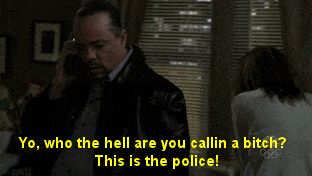
Otherwise known as Loose Lips Sink Ships, the number one takeaway from this entire article should be that you have a right to silence and in most cases you should exercise the hell out of it.
“As a general proposition my advice is to not answer these questions,” said Tiedt. “You do have a right to silence and my advice to everyone is that – except in exceptional circumstances – the best advice is to maintain your right to silence.”
Legally, most of the time you only need to tell police your name and address. “Past that, I would respectfully say that you decline to answer further questions,” said Tiedt. “No matter what happens.”
If police choose to search you from there they have a legal right to do that, and it’s probably not wise to antagonise them or rile them up.
Even if you don’t want to exercise your right to silence, there’s almost nothing you can say to a police officer that is going to change their mind.
“If a cop comes up to you and – based on the word of a dog – thinks you have drugs… there’s probably not much you can say to persuade them,” says Porter.
“One thing that can be useful is to do that thing of – if they say, ‘We have reason to suspect’, you can ask, ‘Can you please explain why?’”
What should I do if I ~actually~ have drugs?
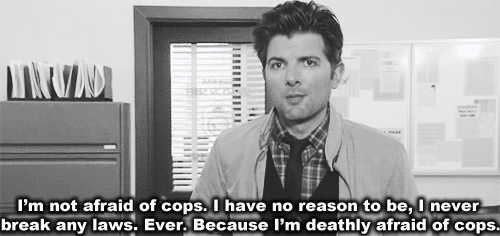
Chances are if you’re alive in 2019 and over the age of 20 you’ve probably taken illicit drugs in some form. And in order to take drugs, you’d have to be holding them at some point.
“If you have drugs, don’t make the situation worse by running, or by actively leaving, or by lying,” said Tiedt.
“There’s nothing gained by escalating the situation, and in fact escalating it might make it more likely that there will be a search.”
And while there’s little to be gained by jumping fences or sprinting through sniffer dog operations, there’s also very little to be gained by immediately admitting everything to police.
“Even if you think that holding drugs for your mates makes you a good person and a good friend, the law is unlikely to see it that way,” said Porter.
Basically: keep your mouth shut (sound familiar?)
What should I do if I’m popped by an RBT or an MDT and I think the result is wrong?
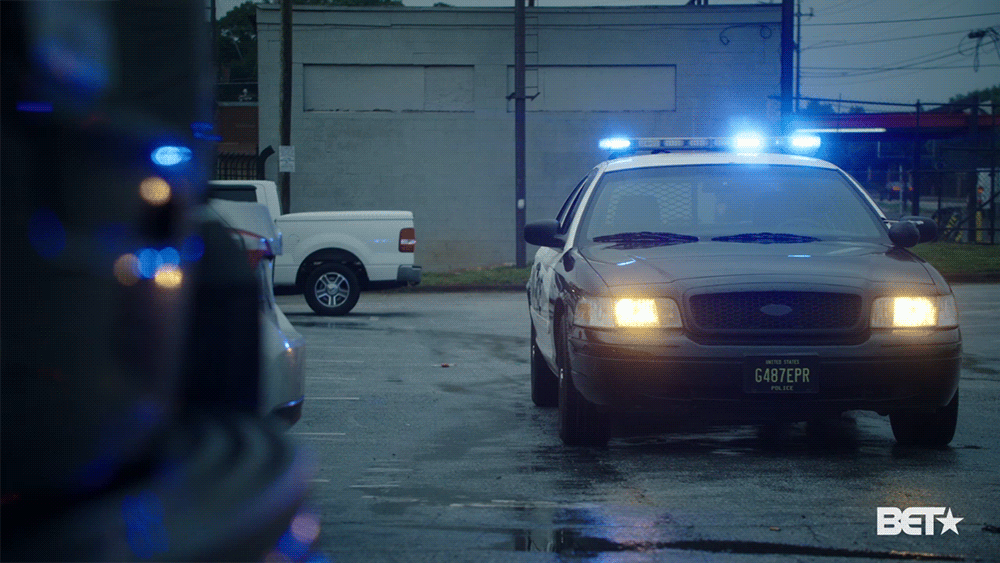
If you’re in the unenviable position of testing positive to a roadside breath test or roadside drug test and you genuinely believe the test is false, the best thing you can do is get some blood taken. AS SOON AS POSSIBLE.
Again, you don’t have to answer too many questions – you have your right to silence – but be respectful and be polite. Importantly, be careful about what you say.
“If you say ‘I only had one cone two days ago’ then you’re giving your personal assessment – but they’re going to go to the lab anyway,” says Porter. “You’ve just assisted their case in ways they mightn’t have been able to before this.”
When can cops search my car?
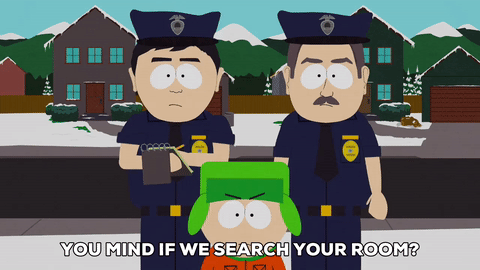
Like most searches, police need reasonable suspicion to search a car.
That goes for searching a car and searching your body. But the important thing is that it’s not just reasonable suspicion, it’s the police officer’s reasonable suspicion – as in, what they thought at the time.
“It’s all based on what information the police officer has,” explains Porter. “If a police officer pulls you over and it’s because they have a report of a car similar to yours being involved in a robbery – even if it’s something that you don’t have awareness of – that still gives them a reasonable suspicion.”
Something that isn’t a legitimate reason to be suspicious is if your officer says they’re suspicious of you because you’re asking questions.
“That’s not a valid part of the reasoning,” says Porter,” and they can’t be more suspicious of you if you’re asking questions about your legal rights.”
Of course, that doesn’t mean things are going to go differently – but it does mean that you should contact a lawyer if police say they’re suspicious because you’re asking questions.
What’s the go with those Facebook pages which tip people off about breath testing or sniffer dogs? Are they legal?
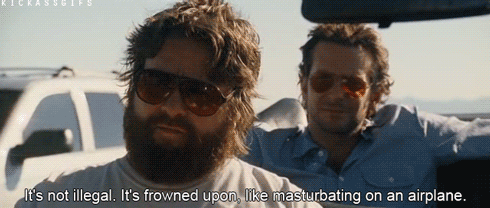
Everyone knows about some Facebook group or Twitter account or even an app that people use to circumnavigate police operations. A lot of those groups are shut down over time as word gets out, but whether or not they’re illegal is a tougher question.
Porter says these are just some of many things that probably haven’t been tested in a court of law, while Tiedt says it could be argued that these pages are hindering police. But he isn’t aware of anyone being prosecuted for running or using one.
That said: “Someone is always the first.”



